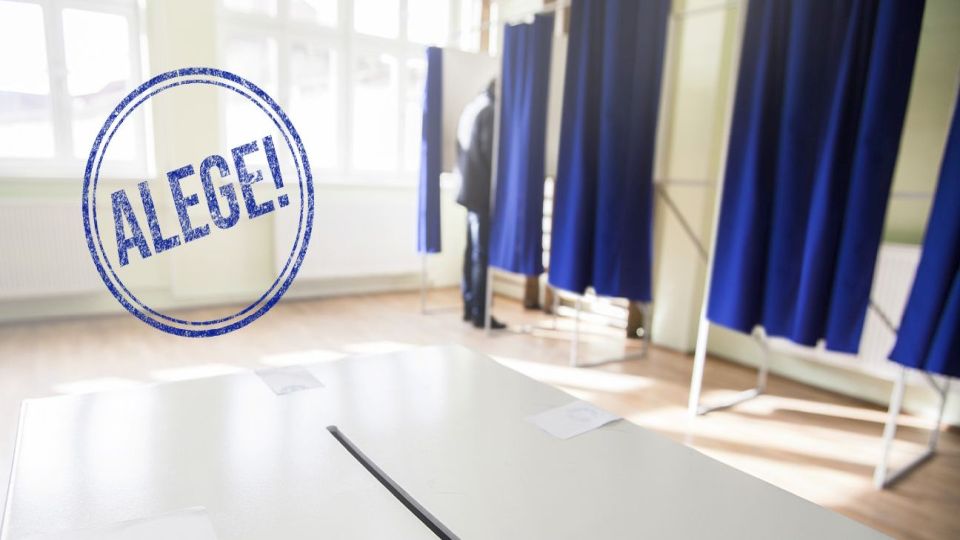The post-election picture
The Social Democratic Party emerges as the big winner of Sunday’s local and European elections in Romania.

Ştefan Stoica, 11.06.2024, 14:00
The Romanian Social Democrats have reasons to be happy after Sunday’s local and European elections because the results allow them to negotiate from a position of power any future political-electoral deals ahead of the presidential elections in September and the legislative elections in December.
The Social Democratic Party has by far the largest number of mayor and local and county council seats, and together with their partner in the ruling coalition, the National Liberal Party, they won almost half of the votes for the European Parliament. Acting prime minister and leader of the Social Democrats Marcel Ciolacu hasn’t ruled out a political alliance with the Liberals, but the idea that his party won’t have a candidate in the presidential elections is not on the table. The Liberals have lost several county councils to their Social Democrat partners, but remain, as their vice-president Rareş Bogdan emphasised, Romania’s biggest party on the right, with almost 30% of the political vote. Bogdan said that because his party is a responsible party, it will not create internal chaos and instability by leaving the ruling coalition, as some have speculated in the wake of the not-so-good election results.
The Democratic Union of Ethnic Hungarians in Romania won the third largest number of votes for mayor and councils, with almost 7%, thanks to the proverbial discipline of ethnic Hungarian voters in Transylvania. The Union’s leader Kelemen Hunor says these are the best results obtained by his party in the last 20 years, even winning seats in the European Parliament.
With their almost 15% in the European elections, the sovereignist and ultranationalist Alliance for the Union of Romanians says the party is the main opposition force in Romania. The party’s leader George Simion said the Alliance won 6 seats in the European Parliament and will have councillors in all counties with the exception of Harghita and Covasna, which are home to large ethnic Hungarian communities, adding that the party is confident in the run-up to the presidential elections.
Winning under 9% in the European elections, losing mayor seats and a generally poor political vote – is the grim outcome of the elections for the Save Romania Union, the main party in the United Right alliance. The party’s leader Cătălin Drulă has taken responsibility for the failure and stepped down, with Dominic Fritz, the newly re-elected mayor of Timişoara, taking over temporarily. The United Right remains, however, a force to be reckoned with in Bucharest, where it won most seats in the municipal council and where Nicuşor Dan, the candidate it supported, won a second term as city mayor. REPER, on the other hand, a centrist party created by the former prime minister Dacian Cioloş, missed all its election goals.
What happened with both the Save Romania Union and REPER goes to show that in order to be successful in Romanian politics it’s not enough to be guided by principles and values. That’s even sometimes counterproductive, as shown by the SOS Romania Party, an aggressive, pro-Russian and anti-European conspiracy party that ended up with two seats in the European Parliament.






























